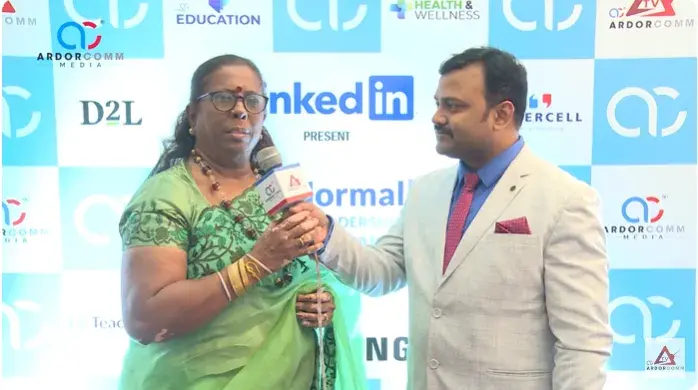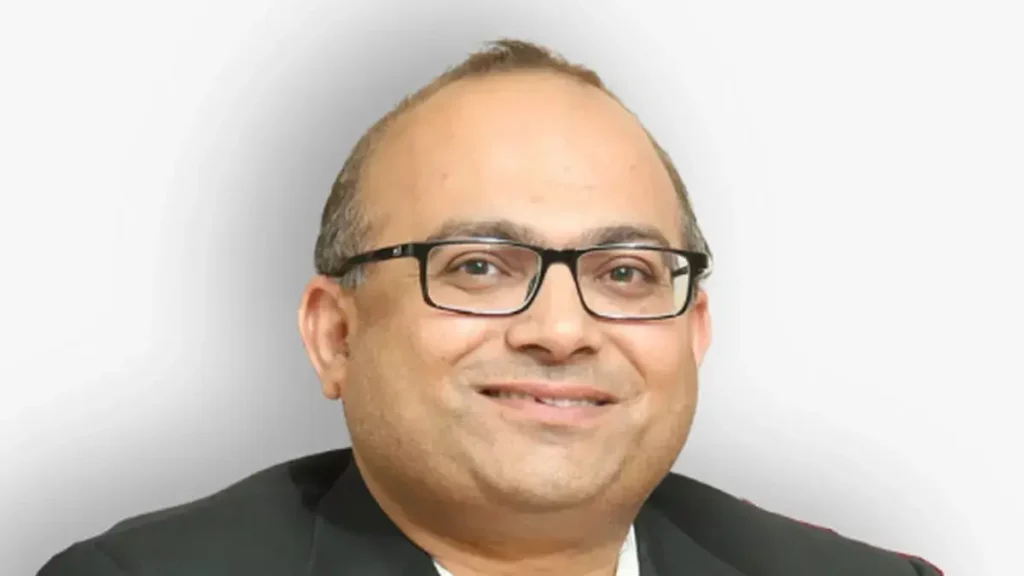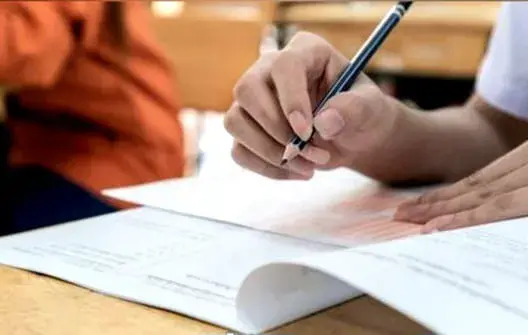Uma Kannan Founder Principal, Sri Venkateswara Group of Schools, Ambattur expressed how pedagogies and new strategies can upskill and reskill the students
“The New Normal refers to machine learning, artificial intelligence, and a technologically driven society” said Uma Kannan Could you please highlight some of the initiatives of your institution and give us more light on what your institution is doing? In each and every institution, we take up the growth of the student to bring out …








